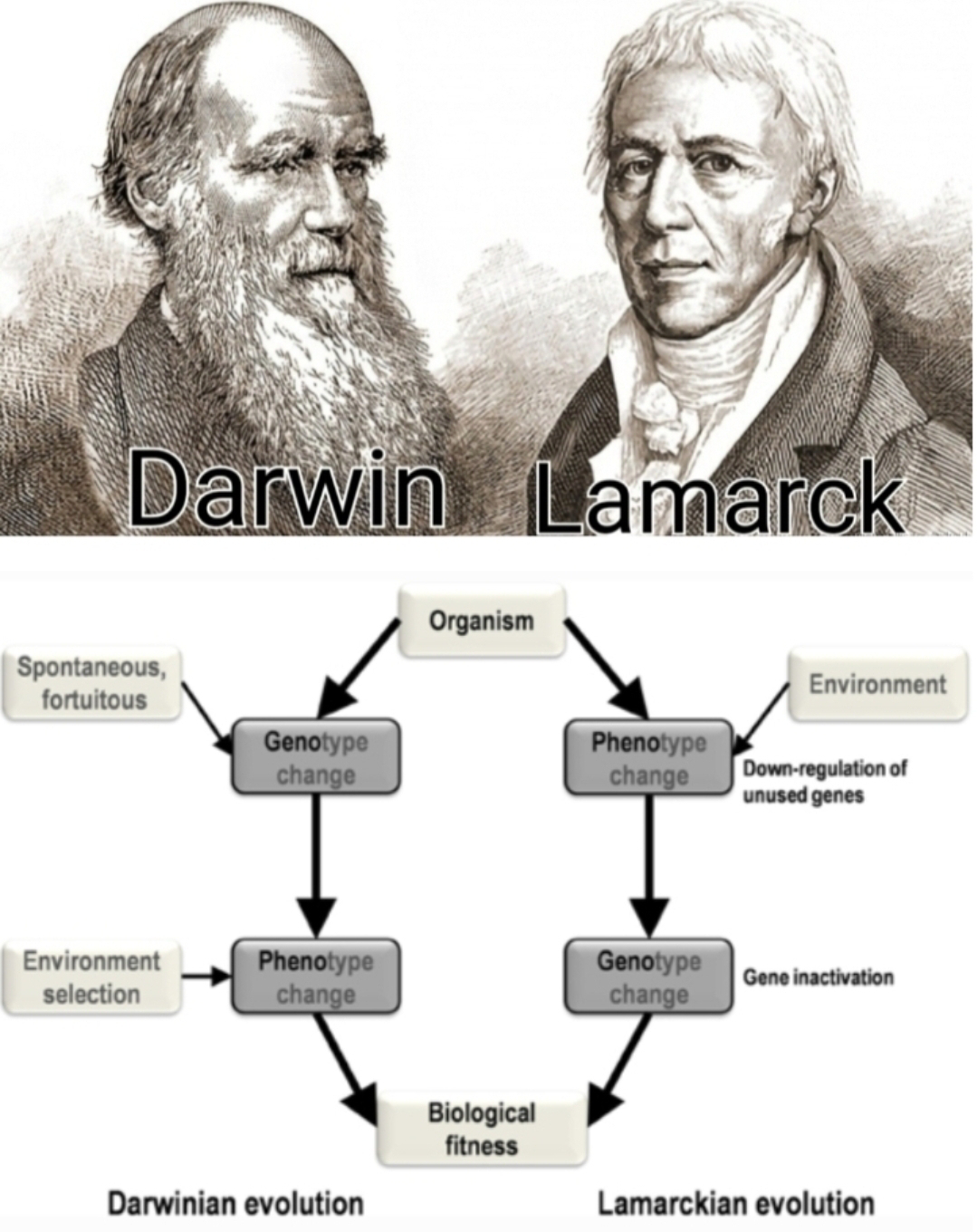Avenging Lamarck: Unraveling the Epigenetic Impact on Trauma Responses
The journal article "Avenging Lamarck: the role of epigenetic in modulating reactions to traumatic events" delves into the fascinating interplay between epigenetics and trauma, shedding light on how our experiences can leave lasting marks on our genetic expression. Drawing inspiration from Lamarck's theory of acquired characteristics, the authors explore how environmental factors, particularly traumatic ones, can influence gene activity and potentially be passed down through generations.
Core Concepts Explored
Epigenetics and Trauma: The article elucidates the concept of epigenetics, emphasizing how it goes beyond the DNA sequence itself. Epigenetic modifications, such as DNA methylation and histone modifications, act as molecular switches that can turn genes on or off. Traumatic experiences can trigger these modifications, altering gene expression patterns and potentially impacting an individual's physiological and psychological responses to stress.
Post-Traumatic Stress Disorder (PTSD) and Post-Traumatic Growth (PTG): The article highlights the contrasting outcomes of trauma—PTSD and PTG. While PTSD is characterized by debilitating symptoms like flashbacks and anxiety, PTG refers to positive psychological changes that can emerge from adversity, such as increased resilience and a deeper sense of meaning. Epigenetic modifications are explored as potential contributors to these divergent trajectories, suggesting that they might influence an individual's susceptibility to either PTSD or PTG.
Intergenerational Trauma: The authors delve into the controversial concept of intergenerational trauma, proposing that epigenetic modifications induced by trauma in one generation could be inherited by subsequent generations. This raises profound questions about the lasting legacy of traumatic experiences and the potential for ancestral trauma to shape the lives of descendants.
Historical Trauma and Post-Traumatic Slave Syndrome: The article examines the impact of historical trauma on marginalized communities, such as the descendants of enslaved individuals. It discusses the concept of Post-Traumatic Slave Syndrome, which posits that the trauma of slavery has left a lasting epigenetic imprint on African Americans, contributing to disparities in mental and physical health outcomes.
Implications and Future Directions
The findings presented in "Avenging Lamarck" have significant implications for our understanding of trauma and its far-reaching consequences. By unraveling the epigenetic mechanisms underlying trauma responses, researchers may pave the way for novel therapeutic interventions. Epigenetic therapies that target specific modifications could potentially mitigate the negative effects of trauma and promote resilience.
Furthermore, the exploration of intergenerational trauma raises ethical and social considerations. If epigenetic modifications can indeed be inherited, it underscores the importance of addressing historical trauma and providing support to communities affected by it.
Conclusion
"Avenging Lamarck" offers a thought-provoking exploration of the intricate relationship between epigenetics and trauma. While the concept of inherited epigenetic modifications remains a topic of ongoing research and debate, the article highlights the potential for trauma to leave a lasting mark on our genetic landscape. By understanding these epigenetic mechanisms, we may gain valuable insights into the complex ways in which trauma shapes our lives and the lives of future generations.
The journal article challenges the traditional neo-Darwinian view of evolution.
Neo-Darwinism posits that evolution is primarily driven by random genetic mutations and natural selection. However, epigenetics suggests that environmental factors, such as traumatic experiences, can trigger changes in gene expression that are passed down through generations. This phenomenon, known as transgenerational epigenetic inheritance, contradicts the neo-Darwinian notion that acquired characteristics cannot be inherited.
The article explores how traumatic events can lead to epigenetic modifications in individuals, influencing their physiological and psychological responses to stress. These epigenetic alterations can then be transmitted to offspring, potentially shaping their vulnerability to trauma-related disorders. This challenges the neo-Darwinian view by demonstrating that environmental factors can play a significant role in shaping the heritable traits of organisms.
By "avenging Lamarck," the article alludes to Jean-Baptiste Lamarck, a 19th-century naturalist who proposed that acquired traits could be inherited. While Lamarck's theory was largely dismissed in favor of neo-Darwinism, the emerging field of epigenetics provides evidence that supports some of his ideas.
The implications of these findings are profound. They suggest that the experiences of our ancestors, including trauma, can leave lasting marks on our genes and influence our health and well-being. This has significant implications for the fields of psychology, psychiatry, and medicine, as it opens up new avenues for understanding and treating trauma-related disorders.
In conclusion, the article "Avenging Lamarck" challenges the neo-Darwinian view of evolution by highlighting the role of epigenetics in modulating reactions to traumatic events. It provides evidence that acquired traits can be inherited through epigenetic mechanisms, suggesting that environmental factors play a crucial role in shaping the heritable traits of organisms. These findings have significant implications for our understanding of trauma and its intergenerational effects.




Comments
Post a Comment